





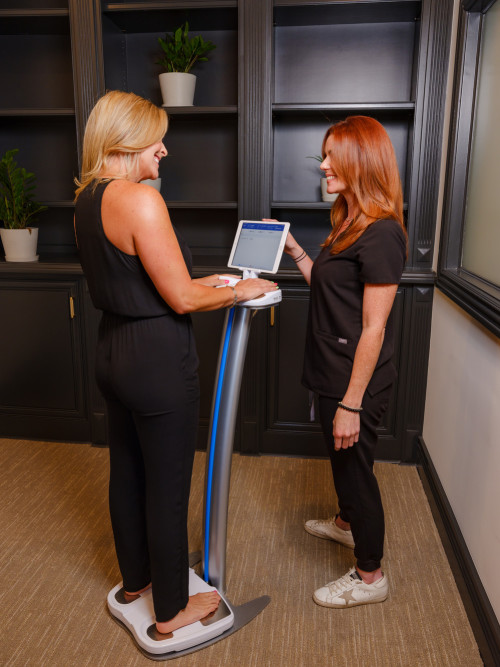
Plus by APN Malibu
Verified Center
This provider's information has been quality-checked by Recovery.com's Research Team for accuracy and completeness, including center verification through appropriate third-party organizations.
Treatment Focus
This center treats mental health conditions and co-occurring substance use. You receive collaborative, individualized treatment that addresses both issues for whole-person healing.
Primary Level of Care
Outpatient treatment offers flexible therapeutic and medical care without the need to stay overnight in a hospital or inpatient facility. Some centers off intensive outpatient program (IOP), which falls between inpatient care and traditional outpatient service.
Treatment Focus
This center treats mental health conditions and co-occurring substance use. You receive collaborative, individualized treatment that addresses both issues for whole-person healing.
Primary Level of Care
Outpatient treatment offers flexible therapeutic and medical care without the need to stay overnight in a hospital or inpatient facility. Some centers off intensive outpatient program (IOP), which falls between inpatient care and traditional outpatient service.
Provider's Policy
We are able to work out of network with most PPO insurances. Coverage varies based on conditions and treatment. Click the Verify Insurance button below to fill out a form or call APN to verify benefits.
Plus by APN Malibu
Plus by APN Malibu
About Plus by APN Malibu
Plus by All Points North (APN) Malibu provides advanced outpatient treatment services for mental health conditions. APN Lodge, their residential center in Colorado, offers continued recovery services in a residential setting. Plus by APN offers a range of services, including integrative psychiatry, deep transcranial magnetic stimulation (TMS), ketamine treatment, the stellate ganglion block (SGB) protocol, and medication management for mental health conditions.
Integrative Care for Mental Health Conditions
Plus by APN Malibu addresses multiple mental health conditions with their array of services. Conditions their services treat include depression, anxiety, trauma, post-traumatic stress disorder (PTSD), chronic stress, obsessive compulsive disorder (OCD), and more. Along with modern mental health care services, Plus by APN also offers personalized therapy in an in-person or virtual setting, using APN Connection. All therapists are masters-level. Their Malibu facility offers an intensive outpatient program (IOP) with a surf therapy group and 2 traditional group therapy sessions weekly. Clients receive 9-12 hours of weekly group programming in IOP.
Medically Supervised Ketamine Treatment and Neurofeedback
Plus by APN Malibu provides medically supervised ketamine treatment for depression, suicidal ideation, trauma, and more. Staff assess each client to determine if ketamine treatment is a good fit for them. They administer ketamine intravenously and intramuscularly. Plus by APN Malibu additionally offers deep TMS, neurofeedback and quantitative electroencephalogram (qEEG) brain mapping, and hyperbaric oxygen therapy. Each service helps heal the brain and retrain its functions.
Experience Noticeable Relief and Compassionate Treatment Guidance
Plus by APN Malibu offers the stellate ganglion block (SGB) protocol, which lowers the fight or flight response down to pre-trauma levels. The protocol involves 1-2 injections of local anesthetic into the stellate ganglion, which can reduce stress or trauma. Clients typically undergo one session to see results. Plus by APN Malibu’s integrative psychiatry services include medication management, support, and personalized guidance through treatment. Staff collaborate with outside providers to deeply understand each client’s history and create a plan to manage their mental health. Clients can continue their care at APN’s residential facility in Colorado.
Highlights from the Center
Highlights
These highlights are provided by and paid for by the center.
Insurance Accepted
Neuro/Bio Feedback Therapy
Wellness Emphasis
Trauma Treatment
Center Overview
Treatment Focus
This center treats mental health conditions and co-occurring substance use. You receive collaborative, individualized treatment that addresses both issues for whole-person healing.
Joint Commission Accredited
The Joint Commission accreditation is a voluntary, objective process that evaluates and accredits healthcare organizations (like treatment centers) based on performance standards designed to improve quality and safety for patients. To be accredited means the treatment center has been found to meet the Commission's standards for quality and safety in patient care.
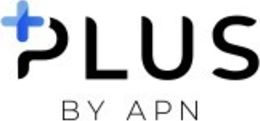
Insurance Accepted
Cash Pay Rates
Estimated Cash Pay Rate
Center pricing can vary based on program and length of stay. Contact the center for more information. Recovery.com strives for price transparency so you can make an informed decision.
Meet Your Care Team
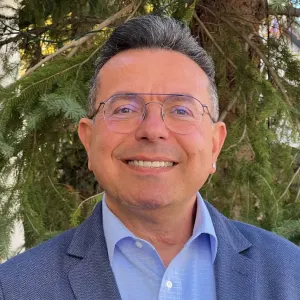
Dr. Omar Elhaj
Chief Medical Officer
MD, FAPA

Dr. Phillip Hemphill
Chief Clinical Officer
PhD
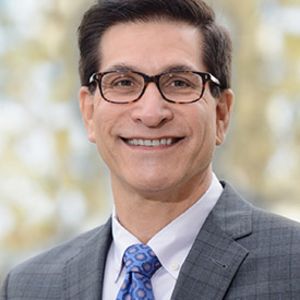
Dr. David Sack
Medical Director
MD


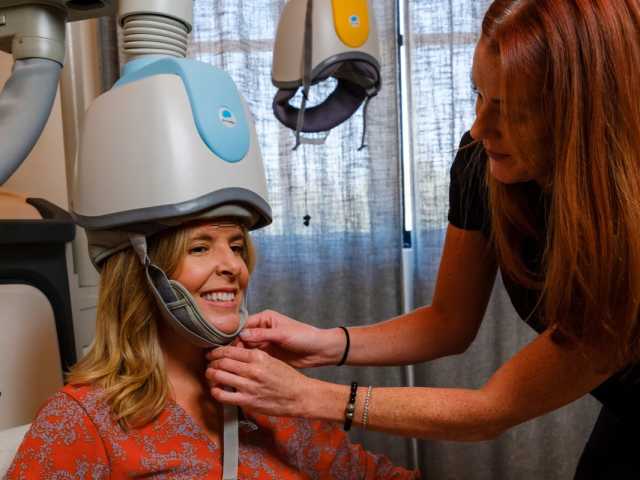

Levels of Care





Your Care Options
Specializations
Post Traumatic Stress Disorder
PTSD is a long-term mental health issue caused by a disturbing event or events. Symptoms include anxiety, dissociation, flashbacks, and intrusive thoughts.
Anxiety
Anxiety is a common mental health condition that can include excessive worry, panic attacks, physical tension, and increased blood pressure.
Depression
Symptoms of depression may include fatigue, a sense of numbness, and loss of interest in activities. This condition can range from mild to severe.
Psychedelics
Hallucinogenic drugs—like LSD—cause euphoria and increased sensory experiences. When abused, they can lead to depression and psychosis.
Intensive Outpatient Program
In an IOP, patients live at home or a sober living, but attend treatment typically 9-15 hours a week. Most programs include talk therapy, support groups, and other methods.
Trauma
Some traumatic events are so disturbing that they cause long-term mental health problems. Those ongoing issues can also be referred to as "trauma."
Ketamine Therapy
Ketamine therapy uses ketamine, a dissociative anesthetic, to provide rapid relief for severe depression, trauma symptoms, and other mental health conditions.
Neurofeedback
During therapy, patients observe their own brain waves as interpreted by an EEG. This empowers them to understand and regulate emotional responses.
Who We Treat
Men and Women
Men and women attend treatment for addiction in a co-ed setting, going to therapy groups together to share experiences, struggles, and successes.
LGBTQ+
Addiction and mental illnesses in the LGBTQ+ community must be treated with an affirming, safe, and relevant approach, which many centers provide.
Approaches
Bio-Medical
A philosophy focusing on the biomechanics behind mental health disorders, using prescribed medications as a supplement to behavioral therapy.
Holistic
A non-medicinal, wellness-focused approach that aims to align the mind, body, and spirit for deep and lasting healing.
Individual Treatment
Individual care meets the needs of each patient, using personalized treatment to provide them the most relevant care and greatest chance of success.
Therapies
1-on-1 Counseling
Patient and therapist meet 1-on-1 to work through difficult emotions and behavioral challenges in a personal, private setting.
Transcranial Magnetic Stimulation
Localized magnetic pulses stimulate areas of the brain to increase brain activity and reduce abnormal functions.
Ketamine Therapy
Ketamine therapy uses ketamine, a dissociative anesthetic, to provide rapid relief for severe depression, trauma symptoms, and other mental health conditions.
Neurofeedback
During therapy, patients observe their own brain waves as interpreted by an EEG. This empowers them to understand and regulate emotional responses.
Conditions We Treat
Post Traumatic Stress Disorder
PTSD is a long-term mental health issue caused by a disturbing event or events. Symptoms include anxiety, dissociation, flashbacks, and intrusive thoughts.
Anxiety
Anxiety is a common mental health condition that can include excessive worry, panic attacks, physical tension, and increased blood pressure.
Depression
Symptoms of depression may include fatigue, a sense of numbness, and loss of interest in activities. This condition can range from mild to severe.
Obsessive Compulsive Disorder (OCD)
OCD is characterized by intrusive and distressing thoughts that drive repetitive behaviors. This pattern disrupts daily life and relationships.
Bipolar
This mental health condition is characterized by extreme mood swings between depression, mania, and remission.
Trauma
Some traumatic events are so disturbing that they cause long-term mental health problems. Those ongoing issues can also be referred to as "trauma."
Chronic Pain Management
Long-term physical pain can have an affect on mental health. Without support, it can also impact your daily life and even lead to addiction.
ADHD, ADD
ADHD is a common mental health condition caused by dopamine imbalance. Common symptoms include inattention, hyperactivitiy, and impulsivity.
Substances We Treat
Co-Occurring Disorders
A person with multiple mental health diagnoses, such as addiction and depression, has co-occurring disorders also called dual diagnosis.
Drug Addiction
Drug addiction is the excessive and repetitive use of substances, despite harmful consequences to a person's life, health, and relationships.
Alcohol
Using alcohol as a coping mechanism, or drinking excessively throughout the week, signals an alcohol use disorder.
Languages
Care Designed for Your Needs
Personal Amenities
Activities
Off-Site Activities






